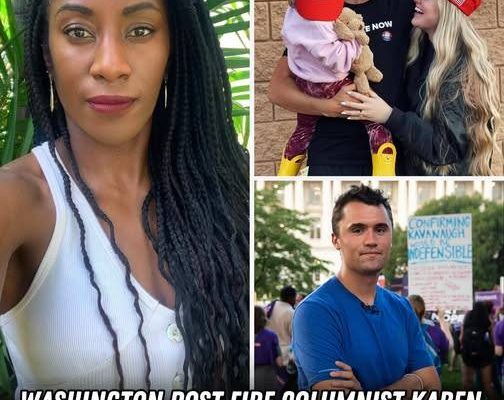The Washington Post has fired opinion columnist Karen Attiah following controversial social media posts in the wake of Charlie Kirk’s assassination. Attiah confirmed her dismissal on Substack, while the newspaper described her posts as “unacceptable” and accused her of misconduct that could endanger colleagues.
Attiah’s posts on Bluesky drew immediate criticism. One stated, “Part of what keeps America so violent is the insistence that people perform care, empty goodness and absolution for white men who espouse hatred and violence.” Another read, “Refusing to tear my clothes and smear ashes on my face in performative mourning for a white man that espoused violence is… not the same as violence.”
The Post considered the remarks serious enough to warrant termination. In response, Attiah defended herself, calling the firing a “hasty overreach” and a violation of journalistic fairness. She said her posts were meant to address political violence, racial double standards, and America’s apathy toward gun-related crimes. She noted that her comments referenced Kirk only once and were otherwise descriptive and data-supported.
Kirk, the 31-year-old founder of Turning Point USA, was fatally shot last week. Tyler Robinson, 22, has been arrested in connection to the crime. Attiah emphasized that her posts aimed to highlight the broader issue of political violence in the U.S., citing other recent shootings involving politicians. The firing has reignited debate over social media expression, journalistic freedom, and consequences for voicing controversial opinions. Attiah framed her dismissal as part of a historical trend of silencing Black voices across media, government, and academia, drawing attention to larger concerns about equity and accountability in public discourse.



